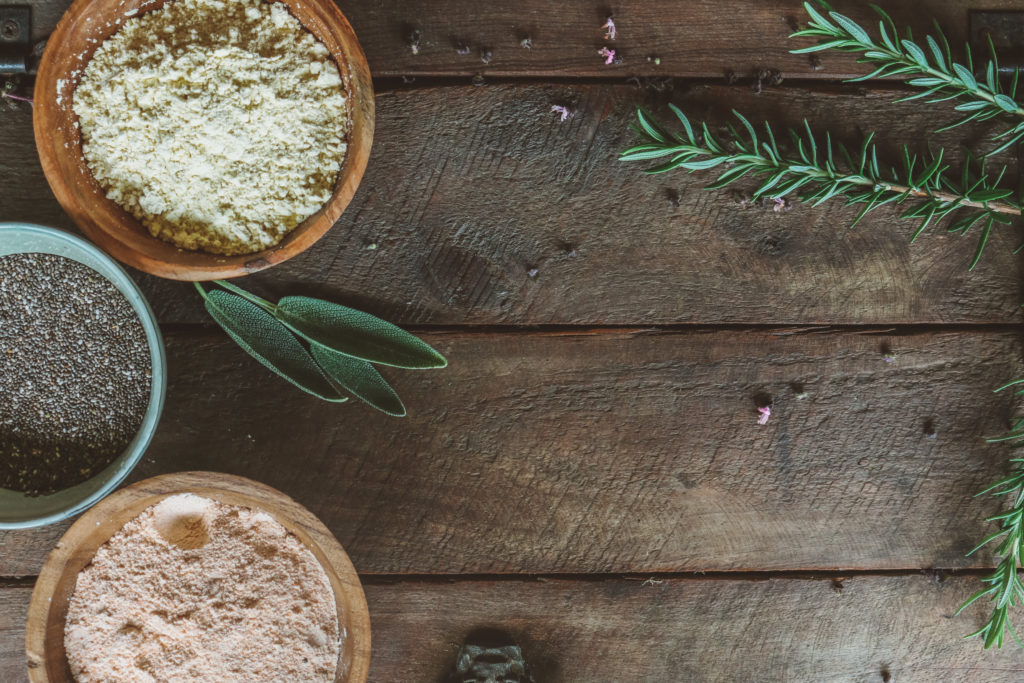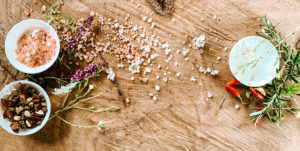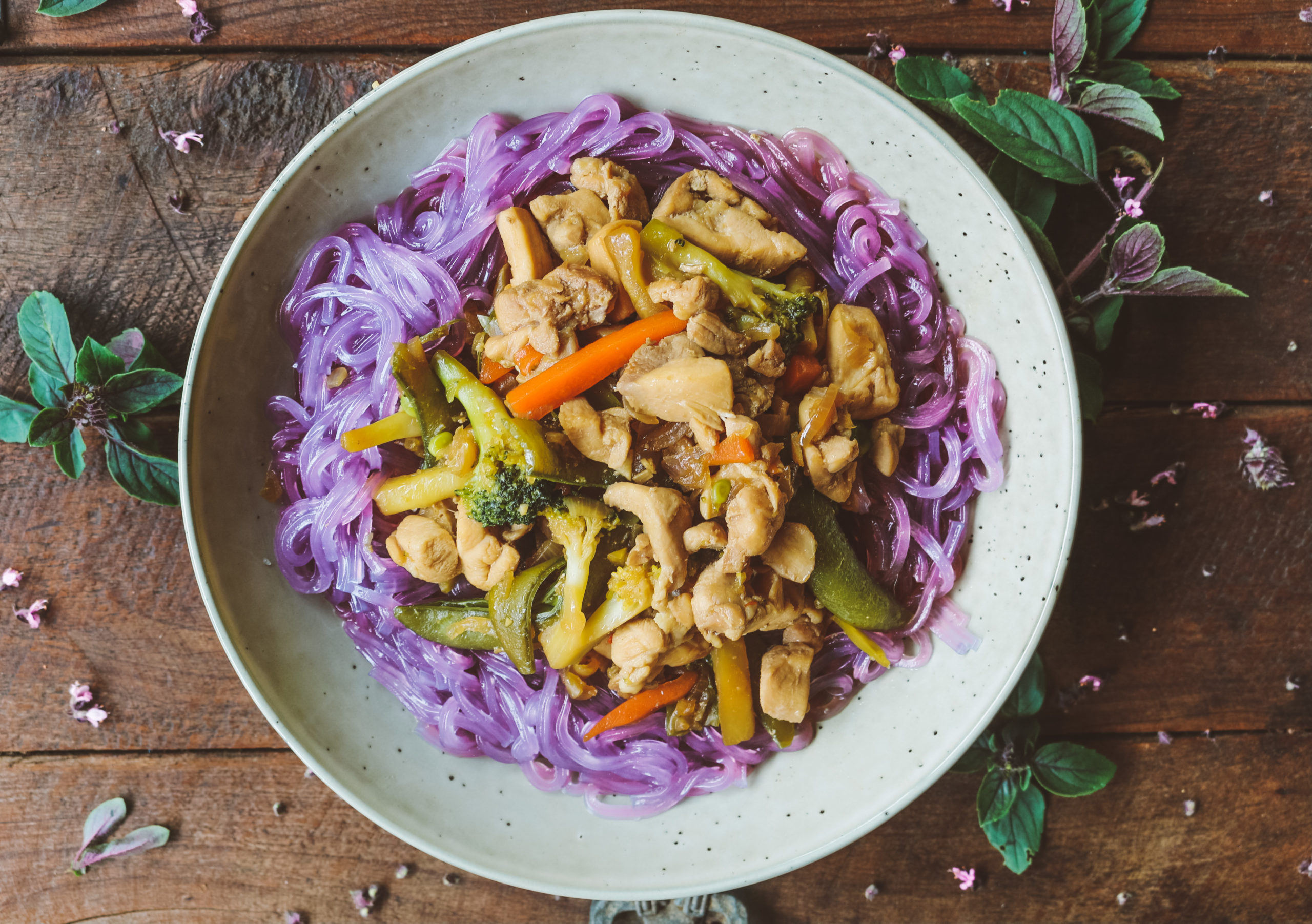
Current statistics show that 1 in 70 Australians have Coeliac disease, and while the majority of cases remain undiagnosed, diagnosis is increasing rapidly as awareness does. Chances are, someone you know has Coeliac disease, they might just not know it yet, so it is important that society and the food industry is properly educated. Since being diagnosed with Coeliac Disease I have heard a number of what I would refer to as myths, regarding what being a Coeliac entails, what it means and how to manage it. Hopefully this will help to unravel a some of these misconceptions and provide a little insight into the condition
- “Surely just a little bit won’t hurt…”
Unfortunately, it doesn’t work that way. Every Coeliac is different in how they respond to ingestion of gluten, however a little bit still isn’t ok. Symptoms can show from trace amounts of gluten and can range from being violently ill for a week, to mild headaches or fogginess. In all Coeliacs, long term or continued exposure to even small amounts of gluten can lead to an increase in serious health conditions such as Type 1 Diabetes, bowel cancer and lymphoma, to name a few. So no, unfortunately I can’t just have a little bit of something…unless it’s gluten free of course.
- “Oh, you’re a Coeliac. We have a number of Vegan options for you.”
Gluten free and vegan are not in the same ballpark. Gluten comes from plants. Wheat, barley, oats and rye to be exact. If you offer a Coeliac a vegan meal there’s a high chance that it’s not going to be gluten free. If the Vegan option is gluten free, then of course that is great! Many restaurants will attempt to meet dietary requirements by combining a number of dietary needs into one meal option, such as gluten and dairy free vegetarian, which is great for me as I love vegetarian food, however not everyone does, so it is important to keep options open and understand the difference.
- “You’ll grow out of it.”
Again, unfortunately no and you cannot outgrow a genetic disease. While the path to diagnosis is often long and complicated the one simple fact is that once you’re diagnosed as a Coeliac, you’ll always be a Coeliac. The body will continue to recognise gluten forever, hence the need for a lifelong gluten free diet. From my personal experience I never experienced symptoms such as getting sick in the stomach from gluten before being diagnosed, but having not eaten it for years now, if I do get exposed, the reaction is worse than ever. This is commonly reported by Coeliacs. Therefore, rather than grow out of it, many of us suffer far more after accidental ingestion as we get older. Once a Coeliac, always a Coeliac.
- “Gluten intolerance and Coeliac Disease are the same thing”
I understand the thinking as they are similar, and thankfully gluten intolerance is the subject of a lot of research and is becoming more widely recognised by the medical world, however, being gluten intolerant is different from being Coeliac. Gluten intolerance is not always medically diagnosed, and it is often a conclusion that is arrived at based on symptoms alone and not always by a doctor. I know many people who are gluten intolerant and have horrible symptoms when ingesting gluten, but it does not produce the damage to the small intestine that Coeliac disease does when gluten is eaten. Sure, the symptoms may be very similar to Coeliac disease, but in order to diagnose Coeliac disease the gold standard is an endoscopy and small bowel biopsy alongside blood tests to look for antibodies. If you suspect that you or a loved one is gluten intolerant, it is incredibly important to talk to a doctor about getting a diagnosis to avoid long term serious health problems.
I’m sure everyone living with Coeliac Disease would greatly appreciate if there was an increase in awareness and education of what coeliac disease is and what it entails. It would make everyday things like going out for a meal and going to a mate’s place considerably easier and a lot less stressful for many people. It is so great to see cafes and venues beginning to offer coeliac safe options , but there is definitely still a long way to go when it comes to making it mainstream and readily available in a majority of places, so it is so important to spread the awareness, get educated, and get tested if you believe you could be Coeliac.
For further information about coeliac disease, head to Coeliac Australia at https://www.coeliac.org.au/ .


 Choc Banana Muffins Recipe
Choc Banana Muffins Recipe
Leave a Reply